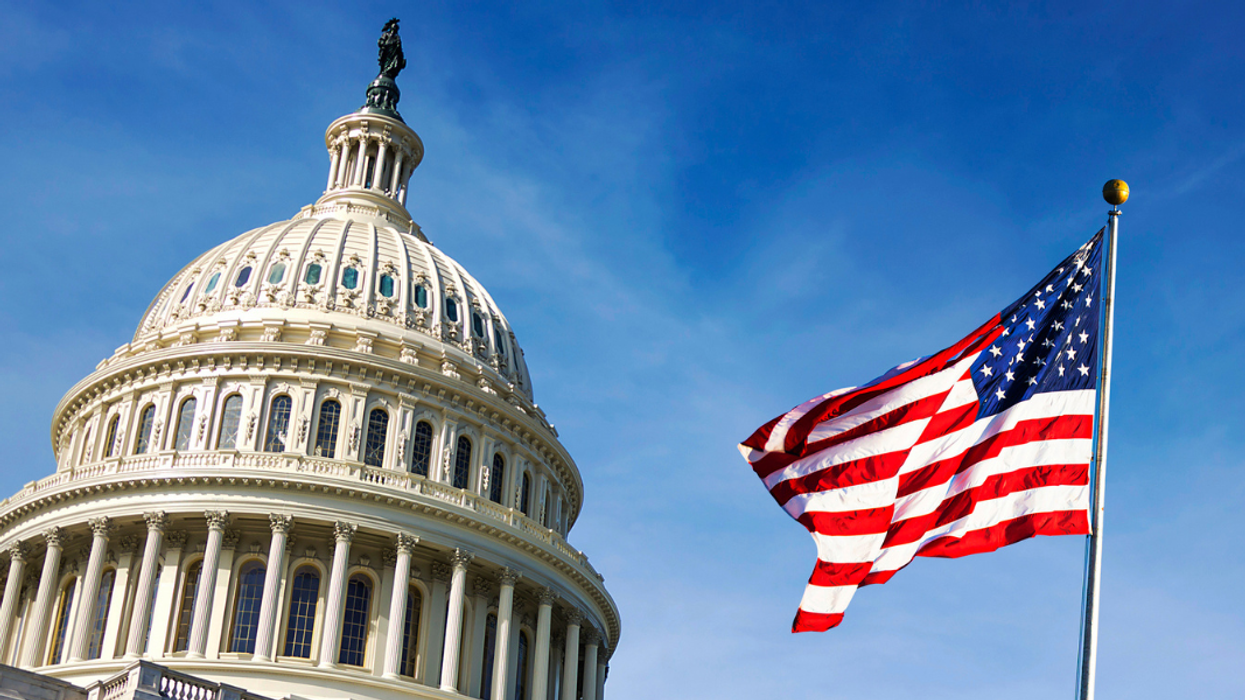There was plenty of hand wringing over the state of democracy at home and abroad in 2022. Extremists appeared poised to sabotage elections in the U.S., a leading index found half of democratic governments around the world in decline, and Russia’s war against Ukraine placed liberty under direct assault.
Yet 2022 was also the year “the good guys struck back,” as Michael Hirsh wrote in Foreign Policy. Ukrainian forces have thrown Russia on the defensive. Extremist candidates lost in Brazil, France, and in key U.S. midterm contests. In Kenya, the Philippines and elsewhere, elections ended not in chaos, as predicted, but in peaceful transfers of power. In China and Iran, average citizens are rising up.
In the U.S., the House select committee’s investigation of the January 6, 2021 assault on the Capitol elevated truth over disinformation, and helped trigger a fundamental shift away from extremism, and from the “big lie” that the 2020 election was stolen.
In August, an NBC News survey found that Americans ranked “threats to democracy” ahead of the economy as their top concern. And in November, the midterms unfolded smoothly and election deniers largely lost, in a contest widely hailed as a win for democracy.
None of this takes away from the substantial threats that still place democracy at risk, including rampant disinformation facilitated by social media and the decline of local newspapers. But those who wish to defend democracy must go beyond bemoaning its demise, as so many news outlets, commentators and authors incessantly do. The story of Democracy’s strengths, which were also on display in 2022, merits notice as well.
To succeed, the pro-democracy movement “needs to go beyond its present modus operandi, a mix of fatalism and despair and living in perpetual reaction to the right and policy wonkiness and praying for indictments,” argues author Anand Giridharadas. Democracy advocates “can out-compete the fascists and seize the age,” Giridharadas recently wrote in The New York Times, with a more expansive vision that replaces fatalism with hope.
Hope means appreciating that the nation’s partisan divisions are not as intractable as media pundits driven by ratings like to scream. A full 41 percent of Americans identify as Independents, compared with fewer than 30 percent identified with either party, and large majorities of Americans agree on key issues, from same-sex marriage to legalizing cannabis. Hope means celebrating the teens fighting for the right to read “banned books” with lawsuits and protests, and the young voters whose turnout reached its second-highest level in 30 years in the last election.
Hope also means investing in future generations, as Congress recently did with a $23 million appropriation for civic learning in the year-end omnibus spending bill, effectively tripling federal spending on history and civic learning. That bipartisan investment reflects continued support across party lines for civic education, which recent national polling found is supported by close to 80 percent of voters on both sides of the aisle. It was just one of many wins for democracy this year.
Eliza Newlin Carney is a longtime Washington writer, editor and columnist specializing in democracy issues. She is a columnist and former senior editor for The American Prospect, and previously held senior positions at CQ Roll Call and National Journal. She also is founder and president of The Civic Circle, which uses music and the arts to empower young students to understand and participate in democracy.




















Trump & Hegseth gave Mark Kelly a huge 2028 gift